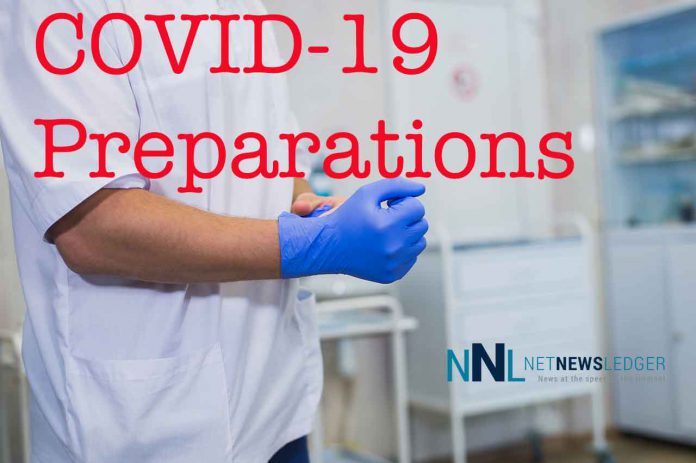By Marcus Powlowski

THUNDER BAY – COVID-19 has rapidly spread globally with over 20 million confirmed cases and over 750,000 deaths. It is widely accepted that control of the pandemic will not be possible until we have access to a vaccine, the development of which – as we are all too aware – will take time. But what if there was a way to potentially speed this process up?
Enter the great challenge trial debate.
A challenge trial is when a vaccine that has passed Phase 1 and 2 trials – and thus has evidence that it is safe – is given to volunteers who are then deliberately exposed to the disease in order to see if they get sick. This is different from conventional Phase 3 trials during which a large number of people are vaccinated and then allowed to go about their normal lives while being monitored over time to determine if they become infected with the disease through ordinary practices.
Challenge trials have certain benefits not shared by regular Phase 3 trials. First, conventional trials require much larger numbers of participants as most will not get exposed or infected during their everyday activities. This also requires that these studies be done in areas experiencing very high numbers of new infections – something difficult given that local epidemics can vacillate rapidly over the months when a trial is conducted. Conventional trials take time – and time can mean lost lives during a pandemic.
In contrast, a challenge trial allows for a smaller number of volunteers, as they will be reliably exposed to the disease. This also means that there is no risk of a trial failing due to the epidemic waning in a locality where the trial is being conducted. Less recruitment, less waiting, and less uncertainty all mean that challenge trials take less time. And less time may mean a vaccine is produced significantly faster than a conventional trial. With this context, it is not surprising that debate has arisen globally around the use of these trials for
COVID-19 vaccine research. There are some scientists and researchers calling for the preparation and use of such trials in Western countries. There are also some scientists and researchers who have concerns about the questions and risks that surround such trials, in particular the ethics of purposefully infecting volunteers with COVID-19 and the lack of “rescue medication” available for those who may get sick from these trials.
As clinicians, we believe that the possible rewards outweigh the risks that may come from this type of trial. Challenge trials have been used for decades to create vaccines for diseases such as smallpox, malaria, and even common influenza. Though it does involve intentionally infecting volunteers with COVID-19, in a pandemic we are all at risk of being infected – and generally without the benefit of being given a possible vaccine beforehand. By taking precautions such as limiting volunteers to healthy 18-25 year-olds with no underlying conditions, using small, standardized doses of the virus in an incremental fashion to limit the amount of illness a volunteer may experience, and housing volunteers in containment centres during the trial, risk can be reduced to minimal levels. The World Health Organization has also released standards for how human challenge trials can be safely and ethically conducted.
As with every question related to this pandemic we have to admit that we do not know all of the answers. However, as clinicians, we are used to making important decisions based on imperfect information (ie when we don’t know all of the facts). Every day we make decisions about whether to operate, whether to do a procedure, whether to do diagnostic investigations, or give medications, all of which may cause harm, or cause severe adverse effects. In making these, often difficult, decisions we balance the risk entailed in doing something versus the risk of doing nothing at all or doing something else. Medical decision making is always a risk/ benefit analysis. We believe the same principle applies when making public health decisions.
In our clinical capacity, we realize that just as being insufficiently cautious can cause harm, being overly cautious, and afraid to act, can also cost lives. Although there are risks entailed in doing challenge trials we feel that the extremely high costs, in terms of worldwide deaths, and economic injury, that will inevitably occur as a result of any unnecessary delays in getting a vaccine out there make it imperative that we strongly consider the use of challenge trials.







